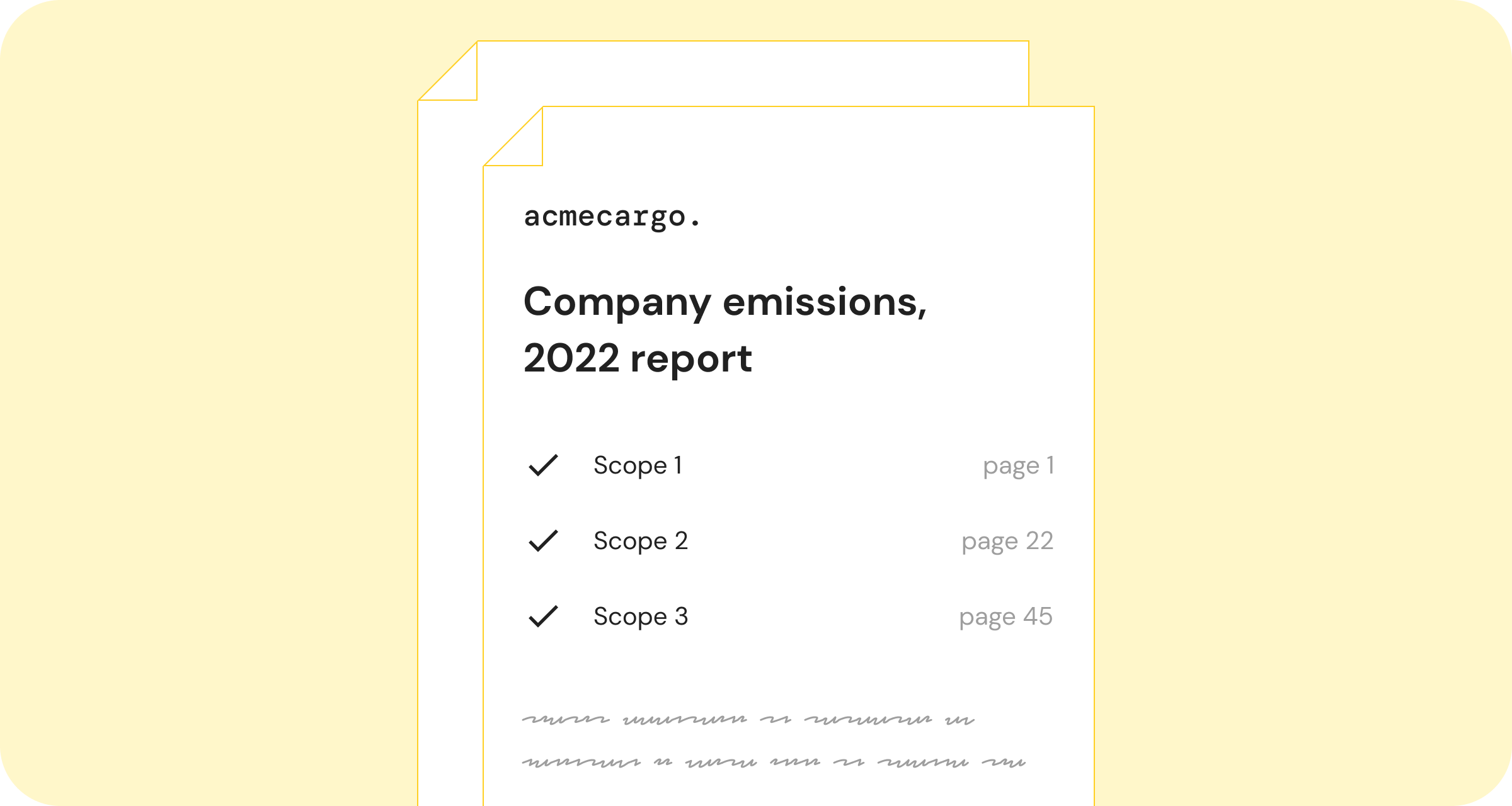

In today’s business landscape, a staggering 90% of S&P 500 companies now publish sustainability reports, underscoring a growing commitment to environmental responsibility. Smaller organisations are following in the same fashion but this shift isn’t just about meeting regulatory requirements - it's about aligning with customer values, gaining a competitive edge, and driving financial performance.
For customer-centric accounting platforms, integrating climate features is no longer a “nice-to-have” but a necessity that benefits both businesses and their customers.
What are customer-centric platforms?
Customer-centric platforms are designed to meet the evolving needs of users by providing personalisation, real-time insights, and tailored support. These platforms prioritise the customer’s experience, offering tools that allow businesses to adapt to changing demands quickly. They significantly outperform their peers.
In the context of accounting, this means empowering companies with the ability to manage finances while also addressing their environmental impact - offering solutions that are as adaptable as they are essential.
Why customers want climate features
- Regulatory compliance: With regulations like the Corporate Sustainability Reporting Directive (CSRD) becoming increasingly stringent, companies are under pressure to disclose their environmental impact. Integrating climate features into accounting platforms helps businesses meet these regulations without needing to invest in external consultancy services.
- Brand equity: Consumers are more likely to engage with brands that demonstrate a commitment to sustainability. A study found that customers are five times more likely to buy brands that commit to actively addressing climate change. By integrating climate actions into their operations, companies can build a stronger, more sustainable brand image.
- Reduced costs: Beyond compliance and branding, there are clear financial incentives. By using accounting platforms that highlight areas for decarbonisation, businesses can reduce operational costs. Automated climate action features eliminate the need for costly consultancy services, allowing businesses to reinvest savings into growth initiatives.
What are the benefits of having climate features within Accounting Platforms?
- Enhanced KPIs: For accounting platforms, integrating climate features can drive key performance indicators (KPIs) such as user engagement and customer satisfaction. Real-time insights into environmental impact can provide users with the data they need to make informed decisions, boosting the platform's value.
- Competitive advantage: As more businesses prioritise sustainability, platforms with climate features gain a competitive edge. By offering these tools, platforms can future-proof their offerings, improve their Net Promoter Score (NPS), and attract a growing segment of environmentally conscious users.
- Revenue generation and churn avoidance: Accounting platforms that help businesses meet their sustainability goals can tap into new revenue streams while reducing customer churn. Providing value-added services around climate action strengthens customer loyalty, making it less likely that users will switch to competitors.
Case study: 200+ Payhawk clients adopt new emission reporting feature in 6 months

The challenges of adding climate features, and how to overcome them
- Ease of integration: One of the main challenges is integrating these climate features seamlessly. Platforms need to ensure that adding such features does not disrupt existing workflows but enhances them. Solutions like Lune make it easier by embedding climate action directly into the product, ensuring a smooth transition.
- Data accuracy: Concerns about data accuracy can deter companies from adopting climate features. However, following established standards like the Greenhouse Gas (GHG) Protocol and ensuring the platform is audit-ready can mitigate these worries, giving users confidence in their climate data.
- Go-to-Market (GTM) support: Many businesses struggle with how to effectively market and utilise these new features. Lune offers extensive support in this area, helping companies develop a GTM strategy that positions climate action as a key business driver.
Quick win: Launch climate features with Lune
The integration of climate features into customer-centric accounting platforms is no longer just a trend - it’s a business imperative. By adopting these features, businesses not only stay competitive but also meet the growing expectations of stakeholders.
For forward-thinking accountants and industry leaders, now is the time to explore these options further. To deepen your understanding of the green transition and stay ahead of the curve, download our free guide: Planet and profit: The secret advantage of business spend.

Readers also liked
Readers also liked

Subscribe for emissions intelligence insights
Get the latest updates in the world of carbon tracking, accounting, reporting, and offsetting direct to your inbox.


